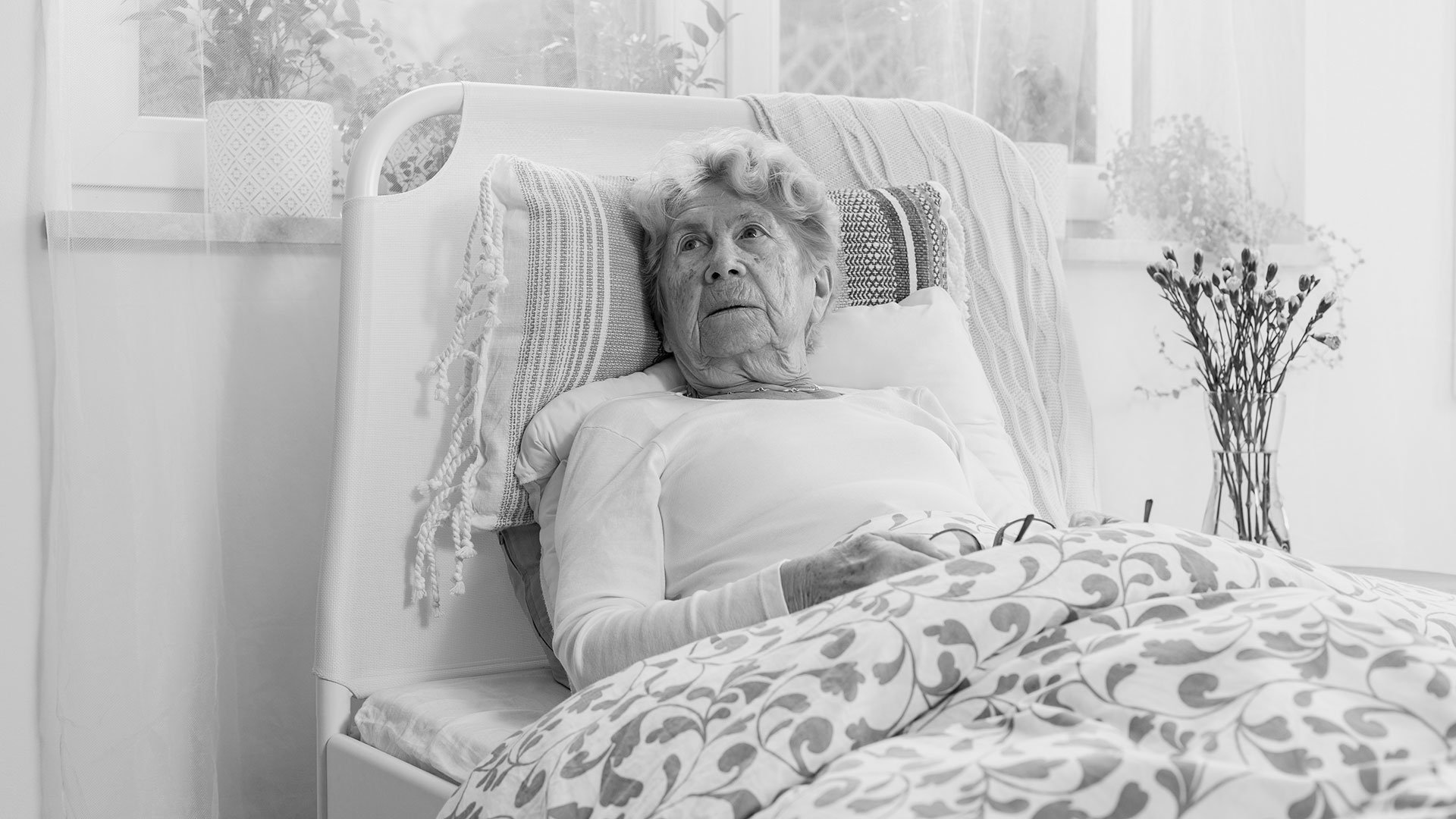
Dehydration
Dehydration is the most common fluid and electrolyte problem that affects the elderly. In nursing homes across America, this issue affects two out of every five residents.
Is Dehydration a Sign of Abuse or Neglect?
There is never any reason that a resident should become dehydrated or fail to receive treatment for dehydration while in the care of a nursing home or similar senior care facility. When a nursing home resident is suffering from dehydration, they become more susceptible to illnesses, such as infection, anemia, cognitive problems, hypertension, and even death. If you or your loved one suffered complications, or if your loved one died due to dehydration in a nursing home, you may have grounds for legal recourse.
Signs of Dehydration
Dehydration is a common eldercare problem that needs to be addressed immediately, as it can lead to life-threatening consequences. Unfortunately, dehydration can also be a difficult thing to detect. If you suspect that your elderly loved one is not receiving proper or adequate care in a nursing home or long-term care facility, keep an eye out for signs of dehydration, as well as malnutrition. Dehydration in the elderly can be mild to moderate, or it can be a severe medical emergency.
The following are signs and symptoms that may indicate dehydration:
Extreme thirst
Dry, sticky mouth and skin
Little or no urination
Sunken eyes
No tears when crying
Fever
Delirium or unconsciousness
Rapid heartbeat
Rapid breathing
Shriveled skin with no elasticity
It should be noted that detecting dehydration in the elderly can sometimes be hard, as the symptoms of thirst and dry mouth are not always reliable. The best indicator is the color of urine: dark-yellow or amber color usually signals dehydration. Other symptoms of dehydration include frequent headaches, low blood pressure, constipation, and dizziness.
Causes of Dehydration in Nursing Homes
Dehydration in a nursing home is often caused by one of the following:
Unqualified caregivers and staff members
Poor staff-to-resident ratio
Failure to attend to residents
Failure to take into account the side effects of a resident’s medication
Withholding of food/water
Abuse
What to Do if You Suspect Your Elderly Loved One is Being Mistreated
If your loved one is exhibiting signs of dehydration or you believe they are being otherwise mistreated in a nursing home or similar care facility, it’s important that you act quickly. Depending on the severity of the situation, your loved one could be at serious risk. If you believe anyone is in immediate danger, contact the police. Otherwise, you may report abuse to the nursing home administrator or to the local long-term care ombudsman. If necessary, remove your loved one from the home as soon as possible.
Legal Action for Nursing Home Dehydration
If you can demonstrate that your loved one’s injuries, illness, or death was the result of nursing home negligence, you are entitled to compensation for your and your family’s damages. This can include things like the cost of medical care, pain and suffering, and more. Reach out to our nursing home neglect and abuse attorneys for help with your nursing home neglect claim for dehydration anywhere in the U.S.

